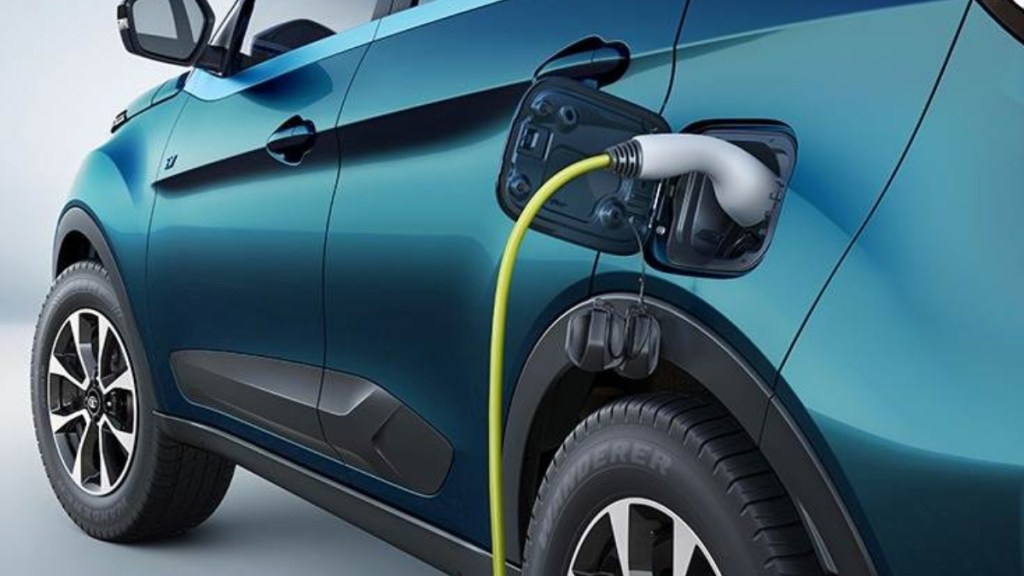The Union Budget 2022-23 is set to be rolled out tomorrow. The industries are rife with murmurs, expectations and speculations about the upcoming budget. Top industrialists, leaders and entrepreneurs from every sector are looking forward to what the finance minister has in store for the next financial year.
Ever since the outbreak of COVID-19, several sectors have been hit adversely by the pandemic-induced restrictions. One such sector is the automobile sector, which has been facing uncertainty in growth because of several factors like the semiconductor chip shortage. The sector has been awaiting some kind of relief from the government to head towards a speedy recovery. Last year, electric vehicle manufacturers and startups responsible for the future of the automotive industry were left in the lurch as the finance minister had not announced any new policies for them, especially the EVs.
Expecting Lower GST
Recently, Automotive Component Manufacturers Association (ACMA) has written to the Government to implement a uniform GST rate of 18% on all auto components. It should come as part of the government measures to support the sector which has been going through a downturn. The industry-level body has also requested revising the Remission of Duties and Taxes on Export Products (RoDEPT) rates. The demands are valid and should be accepted because the increased customs duty has increased the overall cost of the EVs. The sector needs a firmer policy commitment from the government. Fixing the inverted duty structure for products like batteries from 18% to 5% would help a lot. Similarly, a cut on charging/swapping infrastructure services from 18% to 5% will make the EVs more affordable and expedite their adoption countrywide.
Boost EV Adoption
The EV manufacturers and startups in the segment have high hopes from the Union Budget this year. We are optimistic that the government will take the right steps to place India on the global EV map and make 2022 a revolutionary year for EVs in India. Last year, the government had extended the PLI scheme to the automotive sector to boost local manufacturing. However, it is a must that government incentivizes individual and commercial consumption of EV pan India for increasing the domestic demand. The segment can also benefit if the government becomes liberal with infrastructure spending and makes charging stations mandatory in all the official and residential areas. It will contribute to increasing the penetration of EVs across the country.
To sum it up, the auto industry, especially the EV sector, is expecting relief from the Union Budget 2022-23 in multiple areas including direct and indirect taxation. There’s hope for policy changes to ease finance, reduction of GST slabs to bring down the overall cost of manufacturing the EVs and owning the EVs. The government has been supporting the sector to boost adoption with initiatives like the National Electric Mobility Mission plan 2020, capital subsidies under FAME, etc. However, this year, the sector needs more stringent support in the form of a supportive policy framework.
Author: Sakshi Vij, Founder, Myles Cars
Disclaimer: The views and opinions expressed in this article are solely those of the original author. These views and opinions do not represent those of The Indian Express Group or its employees.




















